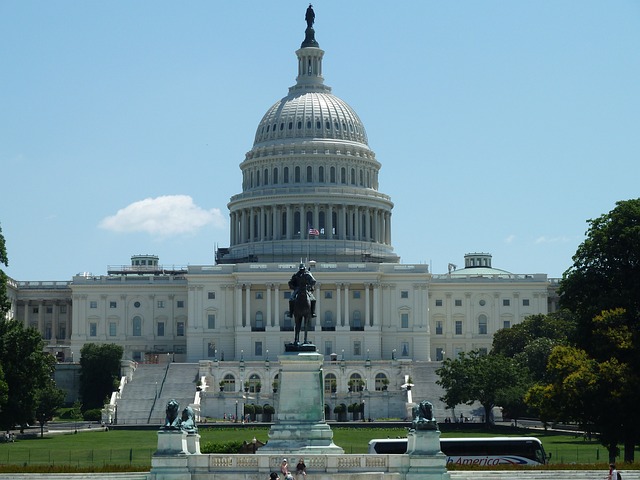Biotechnology Innovation Organization (BIO) member companies and CEOs sent a letter to congressional leaders urging them to pass the bipartisan ORPHAN Cures Act and support rare disease patients and R&D.
The Optimizing Research Progress Hope and New Cures (ORPHAN Cures Act) would fix a flaw in the Inflation Reduction Act (IRA) treatment of orphan drugs for rare diseases. Under the IRA, these drugs are exempt from price controls, “provided they are approved for one rare disease only,” says the February 26 letter, signed by more than two dozen companies and CEOs.
“The ORPHAN Cures Act removes this harmful feature from the IRA, clearing the way for much-needed progress in treating a wide range of rare diseases,” they explain.
The letter was delivered at the start of Rare Disease Week to Speaker of the House Mike Johnson, House Democratic Leader Hakeem Jeffries, Senate Majority Leader Chuck Schumer, and Senate Republican Leader Mitch McConnell.
Why do we need the ORPHAN Cures Act?
“Because the market for treatments for these diseases is by definition quite small, Congress enacted the Orphan Drug Act in 1983 to incentivize investment in them. While the Orphan Drug Act was a landmark achievement that led to numerous medical breakthroughs, only 5% of rare conditions today have treatments approved by the Food and Drug Administration (FDA),” says the letter.
However, under the IRA, drugs approved for a second medical condition “lose their exemption and become subject to the IRA’s pricing system,” the CEOs continue. “If this provision remains in place, investigation into the efficacy of new treatments for a wide range of rare diseases will decline, leaving potentially life-saving applications unexplored. Quite simply, the financial ‘reward’ for investment in such investigations, if successful, could actually be negative — due to the loss of the exemption from the IRA price-setting procedure.”
“Of the more than 280 orphan drugs approved since 2003, nearly a quarter were later approved to treat additional diseases. Some medicines earned approval for four or more follow-on indications,” said BIO Chair, Dr. Ted W. Love, in a Real Clear Health op-ed published in January.
“One common reason companies can decide to pursue rare disease treatments is the promise that a successful drug might prove effective for multiple conditions. For instance, a treatment that successfully defeats one type of rare cancer might work on another type of tumor, or a drug that addresses one autoimmune condition might prove similarly effective on others. When a disease is rare, scientific progress that saves lives often depends on this approach,” echoed Eric Dube, CEO of Travere Therapeutics, writing in The Hill.
ORPHAN Cures has broad support from American biotech industry, voters
The ORPHAN Cures Act was introduced on September 1 by Representatives John Joyce (R-PA) and Wiley Nickel (D-NC) in the House. Senators Tom Carper (D- DE) and John Barrasso, M.D., (R-WY) introduced the Senate companion to the legislation shortly after.
BIO strongly supports the bill, as does the Council of State Biosciences Associations (CSBA).
BIO Interim CEO Rachel King joined National Organization for Rare Disorders (NORD) CEO Peter Saltonstall in a STAT News op-ed explaining why Congress should vote for ORPHAN Cures, as well.
American voters agree. According to a Morning Consult poll commissioned by BIO, 4 in 5 voters say incentives for rare disease treatments should be a critical policy priority, while two-thirds want their lawmakers to vote for the ORPHAN Cures Act.
As BIO Chief Policy Officer John Murphy said during the BIO CEO and Investor Conference in New York, expect both sides to talk about price controls during this election year.




